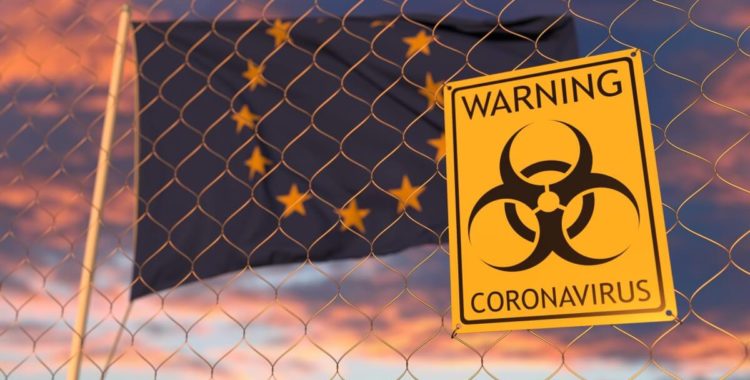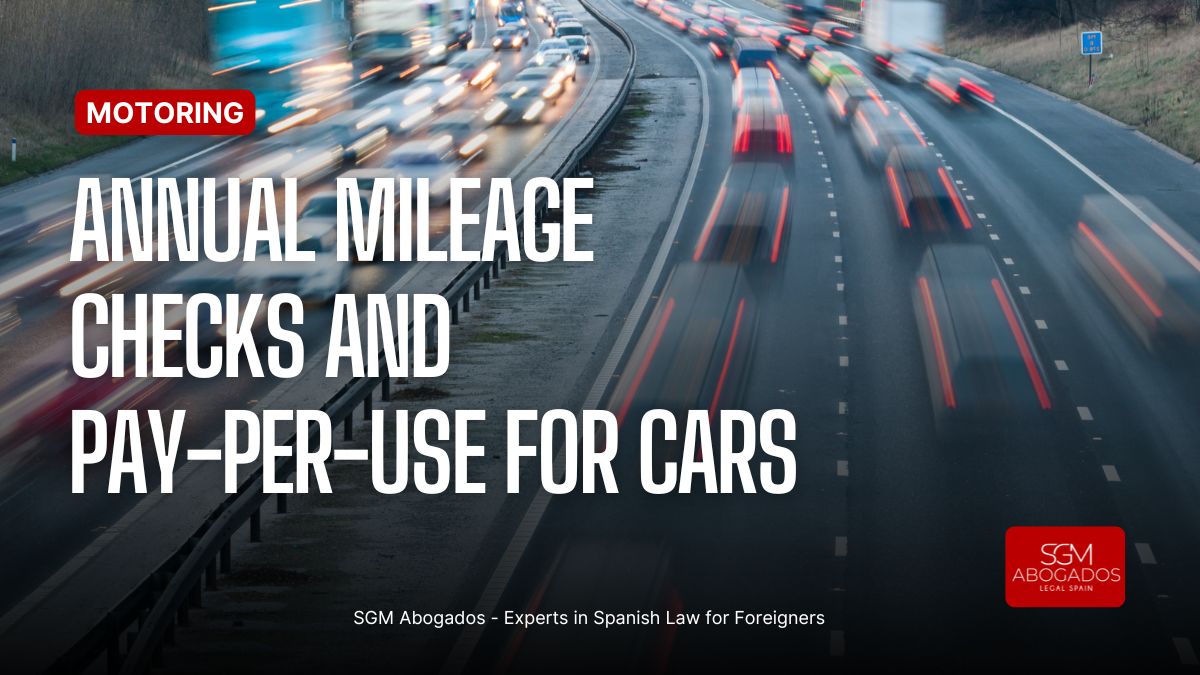March 2022 and Covid-19
COVID-19 Travel Rules of EU/Schengen Area Countries Explained
COVID-19 Travel Rules of EU/Schengen Area Countries Explained. After considering the increased vaccination rates and concluding that strict travel measures no longer have a significant role when it comes to halting the spread of the COVID-19, European Union and Schengen Area countries have decided to relax their entry rules.
While some countries decided to abolish all COVID-19 measures altogether, others decided just to impose less stringent rules, SchengenVisaInfo.com reports.
Spain
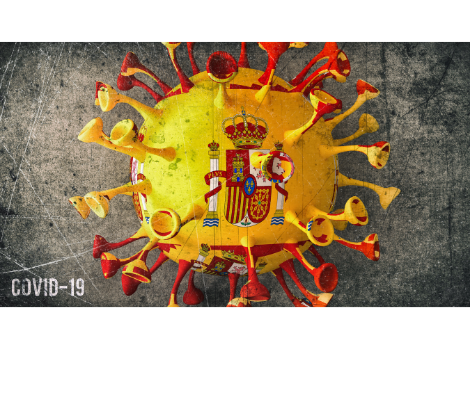
Spain permits entry to the country to all EU/Schengen Area travellers who present a valid EU Digital COVID Pass.
In addition, travellers from countries that are part of the EU’s safe list – Bahrain, Chile, China, Colombia, Indonesia, Kuwait, New Zealand, Peru, Qatar, Rwanda, Saudi Arabia, South Korea, the UAE and Uruguay, China (including Hong Kong and Macao) can also enter Spain for travel purposes as long as they meet the entry rules.
The entry rules apply to everyone over the age of 18. Those under 12 are exempt from the entry requirements, whereas those between 12 and 18 are required to present a negative test result taken within 72 hours before arrival.
Netherlands

The Dutch authorities have just recently updated their entry rules. In line with the new measures, travelers from the EU/Schengen Area countries are required to fill in a health declaration form as well as present a vaccination or recovery certificate or a negative test result.
On the other hand, stricter rules apply to arrivals from third countries. Non-EU travelers need to present a valid vaccination recovery certificate as well as e negative test result taken before entry. The Netherlands does not recognise recovery certificates issued by third countries, which means that they can enter by only presenting a vaccination pass.
Belgium
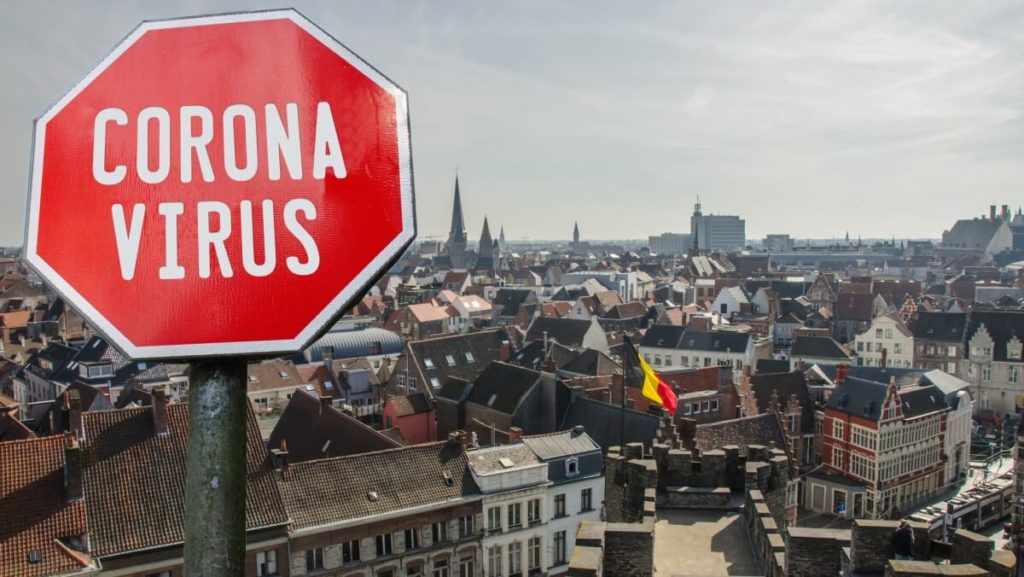
The Belgian authorities previously announced that since February 18, the country would apply entry rules based on travelers’ status rather than the country they are travelling from. Travelers who have been fully vaccinated or recovered from the COVID-19 disease can enter Belgium without having to follow additional entry rules. All they have to do is present a valid vaccination or recovery pass. A vaccination pass is accepted if it has been issued within the last 270 days, and a recovery pass is accepted if it has been issued within the last 180 days. Vaccination passes indicating that the holder has received a booster shot are also accepted.
France
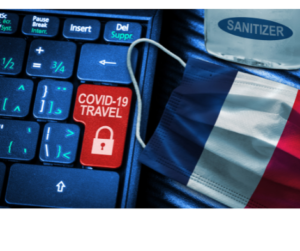
Similar to the other countries mentioned above, France permits restriction-free entry to all travelers who provide a valid vaccination or recovery certificate. In addition, entry to France is also permitted to unvaccinated and unrecovered travelers. Travelers who have not been vaccinated/recovered from the virus and who are travelling from a green country can enter France as long as they present a negative test result. Unvaccinated/unrecovered travellers from orange-listed countries can also enter France. Apart from presenting a negative test, they also need to provide a sworn statement attesting to the absence of COVID-19 symptoms.
Germany
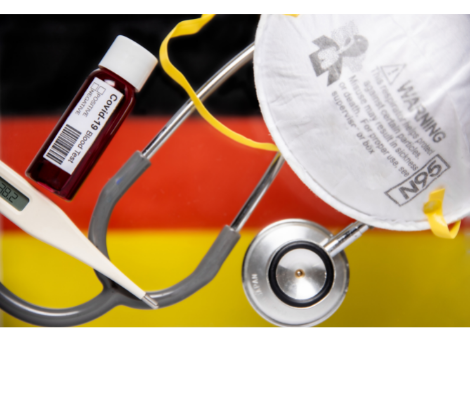
All EU/Schengen Area travelers, as well as those from a third country that is placed on Germany’s safe list, can enter the latter’s territory without having to follow additional entry rules.
All they have to do is present a valid recovery, vaccination, or test certificate.
On the other hand, different rules apply to non-EU travelers. The German authorities have explained that only fully vaccinated third country travelers can enter Germany for travel purposes.
Denmark
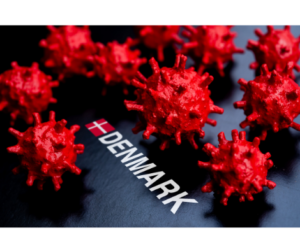
Denmark is one of the first EU countries to ease its COVID-19 restrictions. Travelers who have been fully vaccinated or recovered from the virus are permitted restriction-free entry to Denmark, even if they are travelling from a non-EU/Schengen Area country.
However, everyone should keep in mind that Denmark recognises only vaccination passes that indicate that the holder has completed the vaccination status with one of the accepted vaccine doses. Apart from facilitating the entry rules, Denmark now also applies less stringent domestic COVID-19 restrictions.
Norway
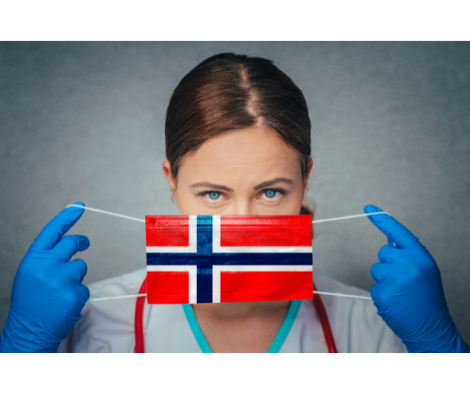
Norway has also lifted all of its COVID-19 entry rules. Travelers from all over the world can enter Norway without having to worry about holding a vaccination or recovery certificate. “No testing, no quarantining, no registration! As of February 12, 2022, all COVID-19 entry requirements have been lifted for all travelers to Norway,” the Norwegian authorities emphasise.
In addition, the country has also lifted all the national COVID-19 measures. “Other restrictions have also been lifted. You do not need to wear a face mask anywhere in the country, and social distancing rules have also been lifted. Social and cultural life is now back to normal: all bars, restaurants, and museums are open, and you can attend all kinds of events, such as concerts and conferences,” the authorities added.
Sweden
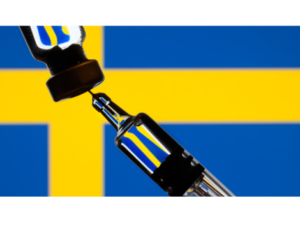
Sweden has already lifted its entry ban and now permits restriction-free entry to all EU/EEA citizens. Travellers from EU/EEA can enter Sweden without having to follow additional entry rules.
On the other hand, Sweden continues to keep in place an entry ban for arrivals from third countries. The entry ban will remain effective until March 31. Only travellers who fall under the exemption list can enter Sweden without having to meet any entry rules. This means that everyone from a third country is still required to hold a vaccination pass.


